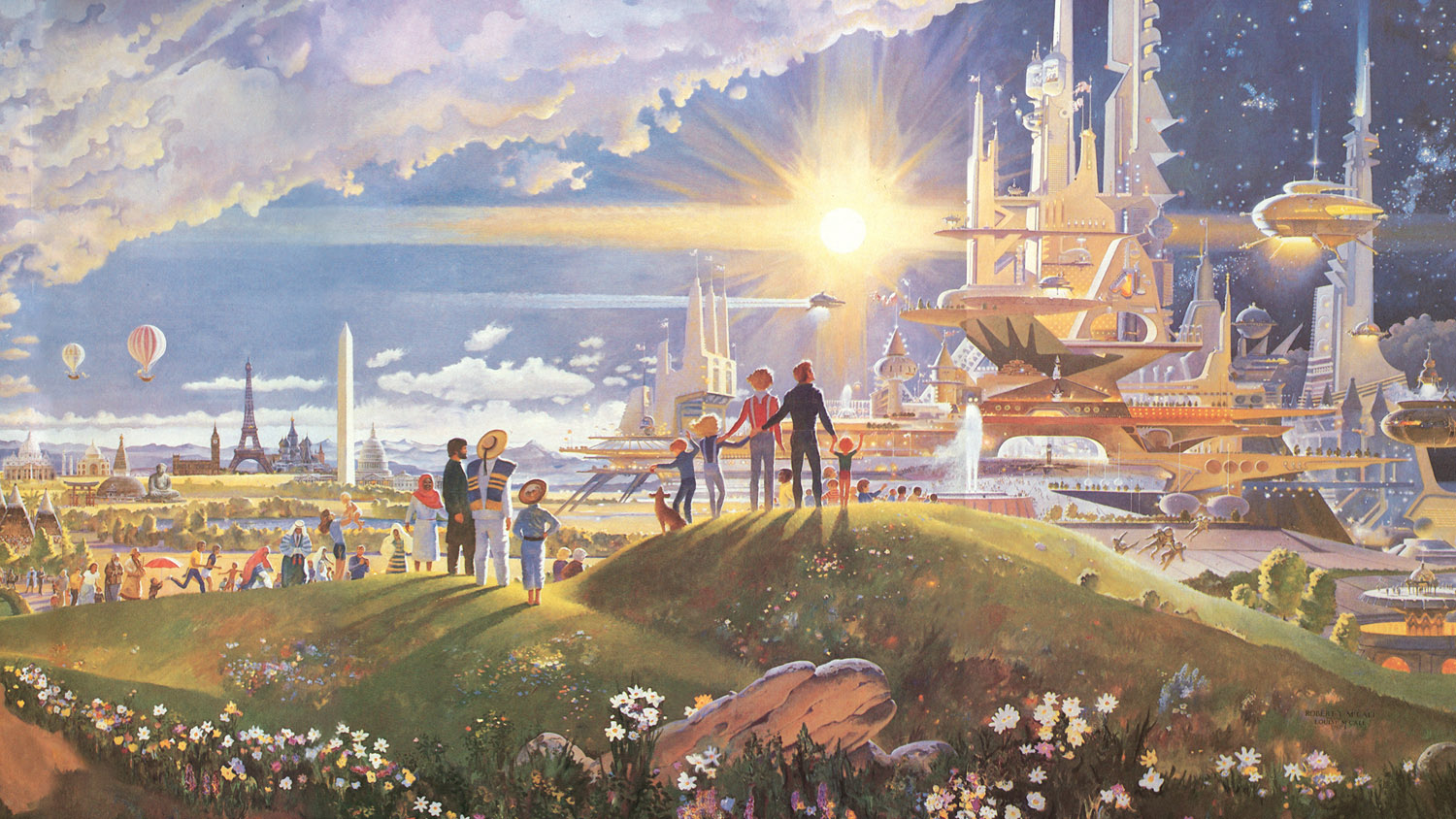Dreaming of PostCapitalism
/I'm not handing down a kind of peer reviewed, engineering certified thing. I'm offering a series of challenging ideas.
As I understand it, Paul Mason also tries to inspire some googlers to what I call utopian dreaming. It's messy, there's no one plan, no destination ("a big 200-year long kind of epochal change"), but there's an urgent need for a collective effort to imagine which direction to take. A need for better alternatives to what just doesn't work anymore.
"capital collapses because it cannot exist alongside shared knowledge."
"When there is a general intellect, you can't have private property."
The Fragment on Machines (29:20)
Karl Marx
"I'm not saying, hey, capitalism's doomed simply because it has contradictions. I'm saying that capitalism might be about to transition to something else because it has lost its ability to adapt."
"... in World War II, we get this other adaptation, this huge new synthesis between technology, consumption, et cetera. One of the things we observe when, we look at social historians, at these moments of mutation and big change in capitalism, is that there's nearly always, when something goes wrong, the knee-jerk reaction is nearly always for the elite to try and solve it through pressure on wages, pressure on consumption.
Basically just cuts everybody's wages and carry on as normal. And usually, up to now what's happened is that that hasn't worked because workers resisted. The 1880s and '90s are a brilliant example of this from social history. But this time, it didn't happen because the specific solution that was adopted when the old Keynesian economics of the 1970s and '80s fell apart was what we call neoliberalism.
That is, a free market system in which wages were more or less strategically suppressed."
why we might be facing strategic, big 200-year long kind of epochal change
clue number one:
"if you get a situation where capitalism is in trouble and it adapts through suppressing wages, then what it eventually does is it finds another solution to consumption, and that is credit."
"So since about the 1990s, we have a situation where wages are suppressed for the mass of people, and yet credit is very, very much more available than it ever was."
"What happens there is, it's almost like a law of physics, but it's economic. If you've got static incomes and ever-expanding credit, that at some point, the kind of wine collections and the art collections and the luxury apartments at Vauxhall Bridge cannot go on rising in value, and they just snap back."
"We call that a boom-bust cycle. and we lived through 3 in 15 years"
Because information technology is different in the three following ways:
"First of all, it is corroding the price mechanism. if the reproduction cost of something is dictated by the actions Command-C, Command-V, then economics tells you that its price should fall to zero, or close to zero.Because you're using zero energy, or almost no energy, almost no labor, and almost no materials. So if you smoke one inch of a cigarette, I can't smoke that one inch.I can smoke the next inch, especially if it's one of those cigarettes that you share. But I can't smoke the same inch as you. It's a rival good. Not true of an MP3 track. Not true of the database that builds a Boeing 787. You can copy it and use it at the exact same time for free."
"Now Romer said in this situation, the only thing that keeps the price mechanism-- i.e., things cost more than zero-- is if you artificially create scarcity. Because information is now abundant.It's unlike all other goods. Obviously, there are limits to it. The limits are storage and bandwidth.But information is essentially abundant, as far as most people are concerned.Information blurs the distinction between work and non-work, or what we used to call life."
2. "A car wash, it was a machine, you put a coin in and the thing came over you and washed your car. Who knew that eight guys with rags could undercut that machine? They undercut it because labor is so cheap. In other words, we're not forced to innovate."
3. "working and producing in a non-managed way."
Piketty and Varoufakis on Europe, neoliberalism and crisis
“optimism of the will”, as Gramsci once put it, compared with a pessimism of the intellect.












